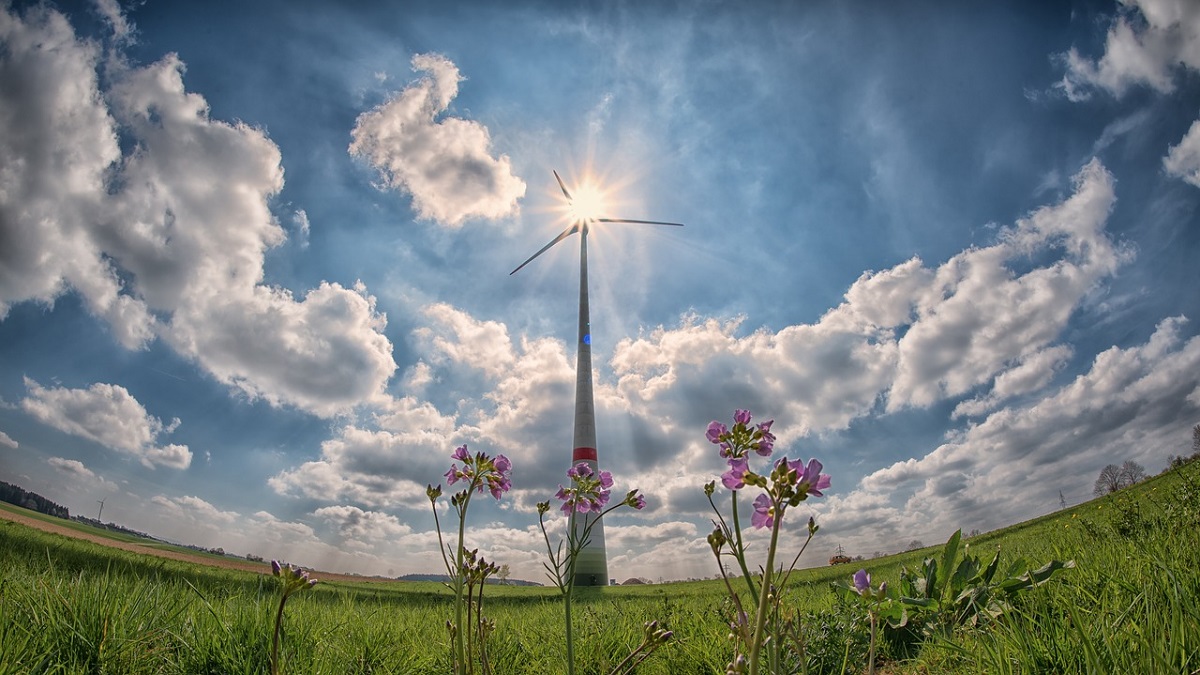
Sustainability for MSMEs: India’s ‘Panchamrit’ goal announced by Prime Minister Narendra Modi at the 26th session of the Conference Of Parties (COP26) conference in Glasgow in November last year has once again underscored the significance of encouraging sustainable or environment-friendly businesses practices. Enterprises in fact need to keep a close check on their carbon footprints to help India meet at least four of its five panchamrit targets by 2030, viz. increasing India’s non-fossil energy capacity to 500 GW, meeting 50 per cent of the country’s energy needs from renewable energy, reducing carbon emissions by 1 billion tonnes, and lowering the carbon intensity of the economy by less than 45 per cent.
Given the enormous size of the MSME sector with around 6.5 crore businesses, helping them go ‘green’ with affordable access to finance would help the country to be compliant with its climate change commitments. Here, the role of the Small Industries Development Bank of India (SIDBI), the principal financial institution for the promotion, financing, and development of the MSME sector assumes significance.
For the uninitiated. green businesses are ones that prioritize minimizing the environmental impact of the company instead of maximizing the profit. This may include the adoption of renewable energy. Towards this, SIDBI in February this year had set up a dedicated vertical with an objective to increase the resilience of the MSME sector to combat climate change and with a view to facilitating the greening of MSMEs in line with the COP26 goals.
Among other developmental efforts by SIDBI towards greening MSMEs have been the Srijan scheme to provide highly concessional loans up to Rs 2 crore per project at 3-5 per cent per annum interest rate for innovative technology projects that have either reached the pre-commercialization stage or have tested the market and are ready for scale-up. SIDBI has also refreshed the corpus of its End-to-End Energy Efficiency (4E) scheme channelized in joint collaboration with the World Bank. The scheme intends to support energy efficiency and solar projects with a quicker dispensation of term loans up to Rs 3 crore at 4.90-7 per cent interest rates.